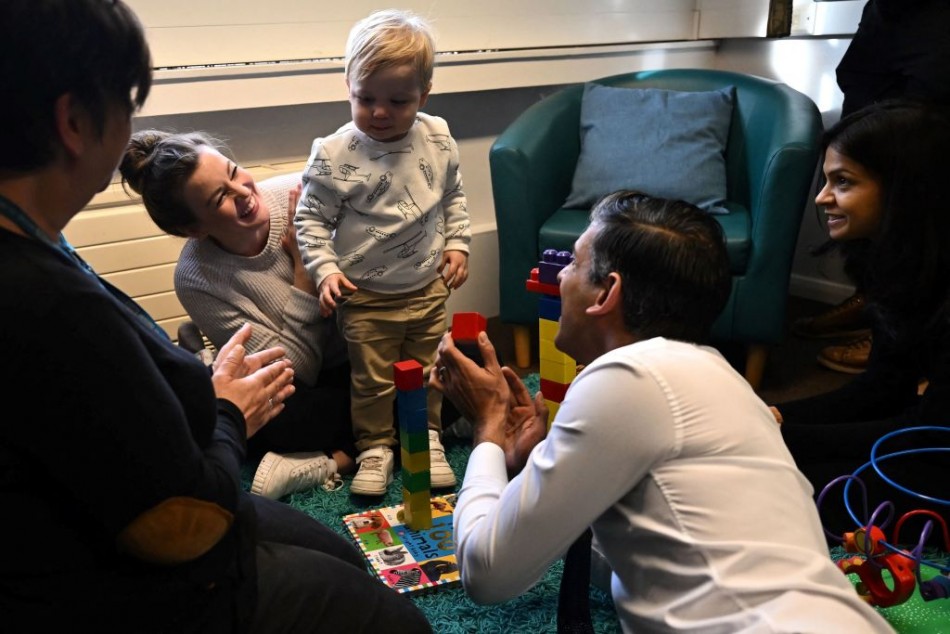Redefining Effective Parenting: 5 Strategies You Should Never Do

Parenting is a dynamic and ever-evolving journey that requires constant adaptation and learning.
As our understanding of child development and effective parenting techniques evolves, it becomes necessary to challenge certain common misconceptions.
In this article, we will explore five strategies that have been debunked as ineffective and potentially harmful in modern parenting practices.
Effective parenting is a goal that all parents strive to achieve, but it is crucial to stay informed about the most up-to-date strategies and debunk the myths that may hinder positive outcomes for both parents and children.
By redefining effective parenting, we can discard outdated practices and embrace evidence-based techniques that foster healthy development and strong parent-child relationships.
Rethinking Parenting Strategies
1. Overprotection and Helicopter Parenting: A Hindrance to Independence
Another strategy to avoid is overprotecting children or engaging in helicopter parenting. While it is natural to want to shield our children from harm, excessive hovering and control can hinder their development of independence, problem-solving skills, and resilience. According to Healthline, allowing children to take age-appropriate risks, encouraging independent decision-making, and providing guidance when necessary are more effective approaches to fostering self-reliance and confidence.
2. Punitive Discipline: A Strategy to Avoid
One common myth is that punitive discipline, such as spanking or harsh punishment, is an effective way to discipline children. However, research consistently shows that these methods can have negative consequences for children's emotional well-being and can impede the development of healthy coping mechanisms. Instead, effective parenting strategies focus on positive discipline, which emphasizes open communication, setting clear boundaries, and utilizing consequences that teach and guide children towards better behavior.
3. Strict Authoritarian Parenting: A Barrier to Autonomy
The notion that strict authoritarian parenting is the key to discipline and obedience is a myth that has been debunked. According to MSU, authoritarian parenting, characterized by rigid rules, punishment-driven discipline, and limited communication, can stifle a child's autonomy and self-expression. Instead, authoritative parenting, which combines clear expectations with warmth and open communication, promotes healthy boundaries while nurturing a child's independence and individuality.
Read Also: Top 10 Science-Based Recommendations for Parents To Help Teens Use Social Media Safely
4. Ignoring Emotional Needs: Detrimental to Emotional Intelligence
According to TODAY, neglecting a child's emotional needs is a strategy that should never be employed in effective parenting. Emotionally responsive parenting is essential for nurturing a child's emotional intelligence and building secure attachments. By acknowledging and validating their emotions, parents can help children develop healthy coping mechanisms, empathy, and emotional regulation skills. Ignoring or dismissing emotions can lead to long-term difficulties in managing feelings and forming meaningful relationships.
5. Comparison and Criticism: Damaging Self-esteem
Engaging in constant comparison and criticism is a harmful strategy that can have long-lasting effects on a child's self-esteem and well-being. Comparing a child to siblings, peers, or unrealistic standards can breed insecurity and a fear of failure. Effective parenting encourages celebrating individual strengths, fostering a supportive environment, and offering constructive feedback to help children develop a positive self-image and a healthy sense of self-worth.
Embracing Positive and Informed Parenting Strategies
As parents, it is our responsibility to continuously educate ourselves about evidence-based parenting strategies and discard ineffective and potentially harmful approaches.
By redefining effective parenting and embracing techniques grounded in empathy, communication, and respect, we can create nurturing environments that support our children's holistic development.
Let us challenge the myths, remain open to learning, and strive for a future where every child thrives through the power of effective parenting.
Related Article: Parenting 101: Crucial Menstruation Hygiene Tips for Your Daughter's Well-being
© 2024 ParentHerald.com All rights reserved. Do not reproduce without permission.
